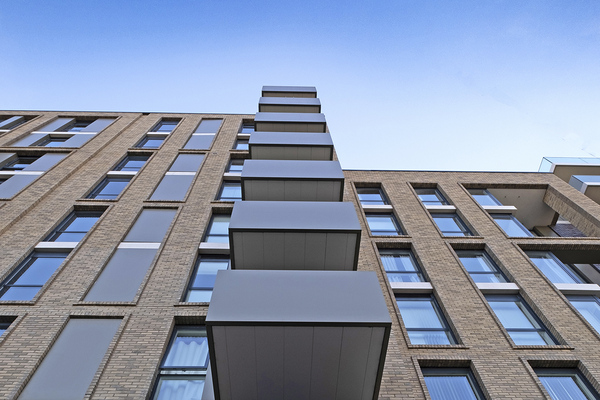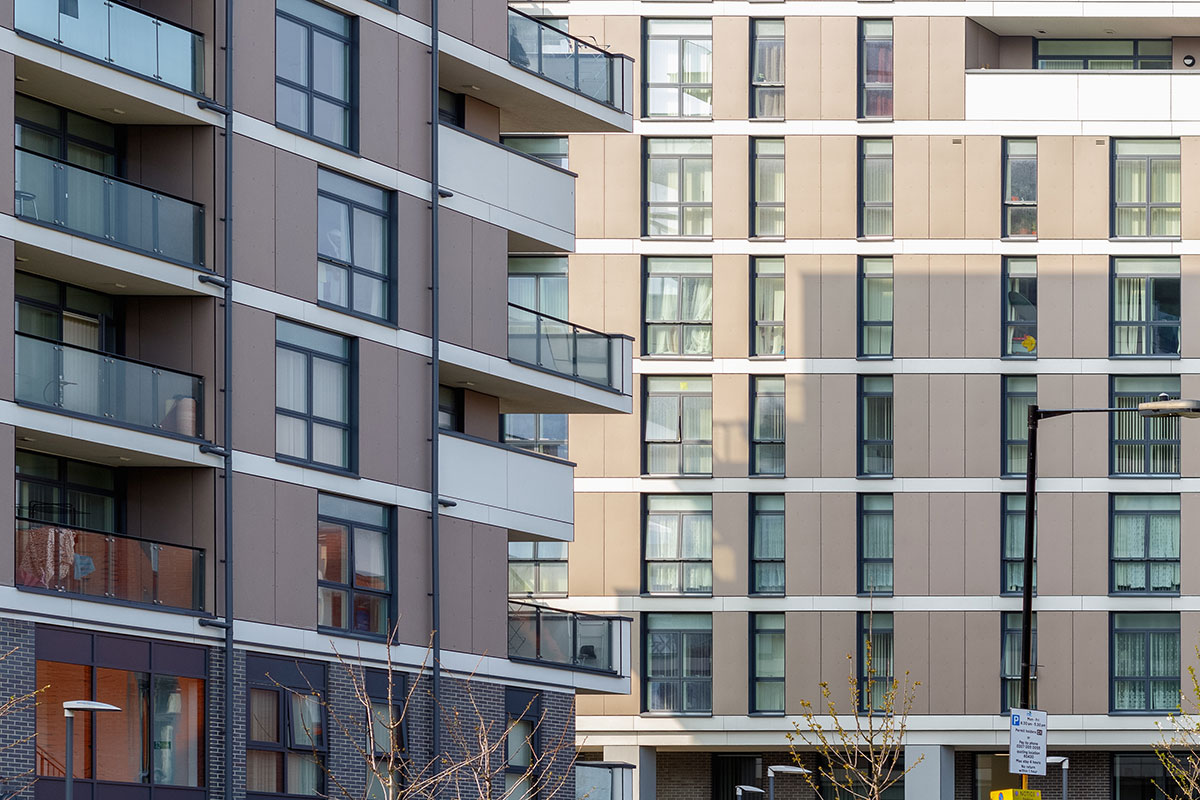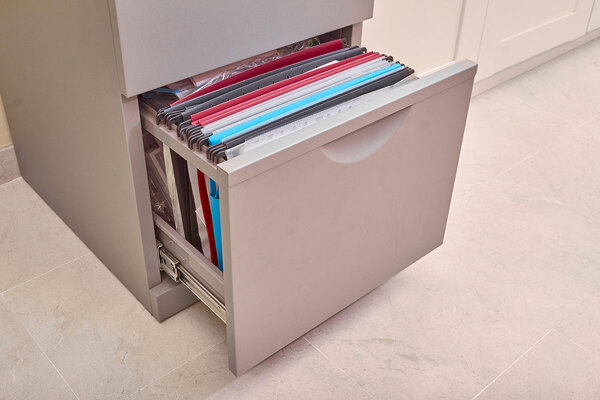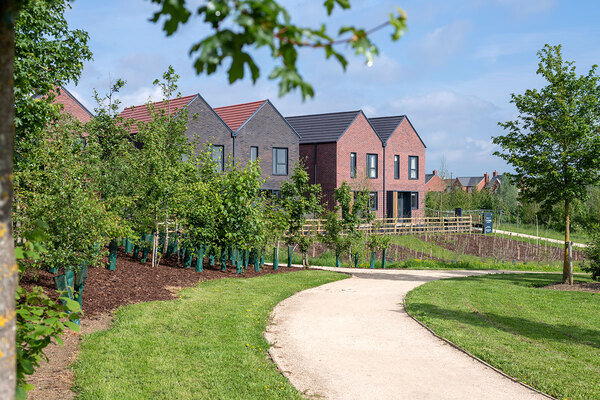You are viewing 1 of your 1 free articles
Four in five landlords to divert spending from new homes and maintenance to fund building safety reforms
More than four in five social landlords plan to divert money away from building new homes and carrying out essential maintenance to help fund work to ensure compliance with the Building Safety Act, an exclusive survey has revealed.
Responding to a poll run by auditor RSM and shared with Inside Housing, 84% of the 75 organisations surveyed said that the money needed to fund compliance with the act would otherwise have been spent on “much-needed new homes and the essential maintenance of existing stock”.
RSM’s Health of the Sector 2022 report looks at what the sector’s priorities are for the year ahead.
In 2021, the survey looked at the impact of Brexit and the coronavirus pandemic. A year on, it has asked landlords about how well they are coping with financial pressures and what effect rising energy costs and the supply chain crisis will have on the decisions made by social landlords.
In last year’s report, two-thirds of respondents in England and Wales believed that the Building Safety Act would achieve its aims but almost a third were unsure as to how effective it would be.
The government has sold the Building Safety Bill as the biggest change to building safety regulation in a generation and said that it will transform the way we design, construct and manage our tall buildings.
The changes being introduced through the bill are wide-ranging and include ensuring that an accountable person or building safety manager is employed for all high rises.
As a result, RSM’s latest survey highlights some of the tough choices the sector is going to have to make as it plans to fund compliance.
This redirection of funds will inevitably leave gaps elsewhere, perhaps reflected in the survey responses on strategic planning for the year ahead, as 65% of respondents in England and Wales, and 45% in Scotland, identified “further cost savings” as a priority.
RSM said the latest survey shows that rising inflation is now “firmly established as a proper bugbear”.
Only 18% of 2021’s respondents considered inflation as something that would have a marked effect on their organisations, but this year that figure has shot up to 89%.
Also of concern is the significantly larger number of respondents experiencing labour shortages. Last year only 37% said this was a concern, but this has risen to 66% of respondents.
When asked about the cost of living crisis and changes to Universal Credit, 73% of respondents think it is either ‘likely’ (32%) or ‘quite likely’ (41%) that they will be called on to increase the well-being support that they provide.
The survey also asked associations if they plan to increase their rents following the government’s announcement in April 2020 that rents can be raised by a maximum of Consumer Price Index (CPI) plus 1%.
According to the data given, 93% of housing associations in England and Wales are set to increase their rents by the full amount this year, compared to 89% last year and 94% the year before. In Scotland, only 13% are set to increase by CPI plus 1, while 29% will increase by CPI only and 58% will increase by less than CPI.
Keith Ward, head of social housing at RSM, explained that while sustainable developments, retrofitting and building safety are all of paramount importance, the cost burden means each initiative places housing associations in a difficult position.
He added: “In the absence of further funding from the government, many housing associations have no choice but to consider diverting resources from much-needed new development to maintaining and enhancing existing stock, which restricts the sector’s ability to meet ambitious new home targets.
“The long-term strategy from government, in keeping your residents safe and in tackling climate change, is sound and necessary, but in the absence of additional funding, boards of housing associations will have some challenging prioritising decisions to make, with the costs of resident safety surely the top of the list.”
UPDATE: at 11:38, 17/03/22 This story was updated. A previous version had the wrong figure for the percentage of English and Welsh housing associations that were looking to increase their rents by CPI plus 1%.
Sign up for our daily newsletter
Already have an account? Click here to manage your newsletters












